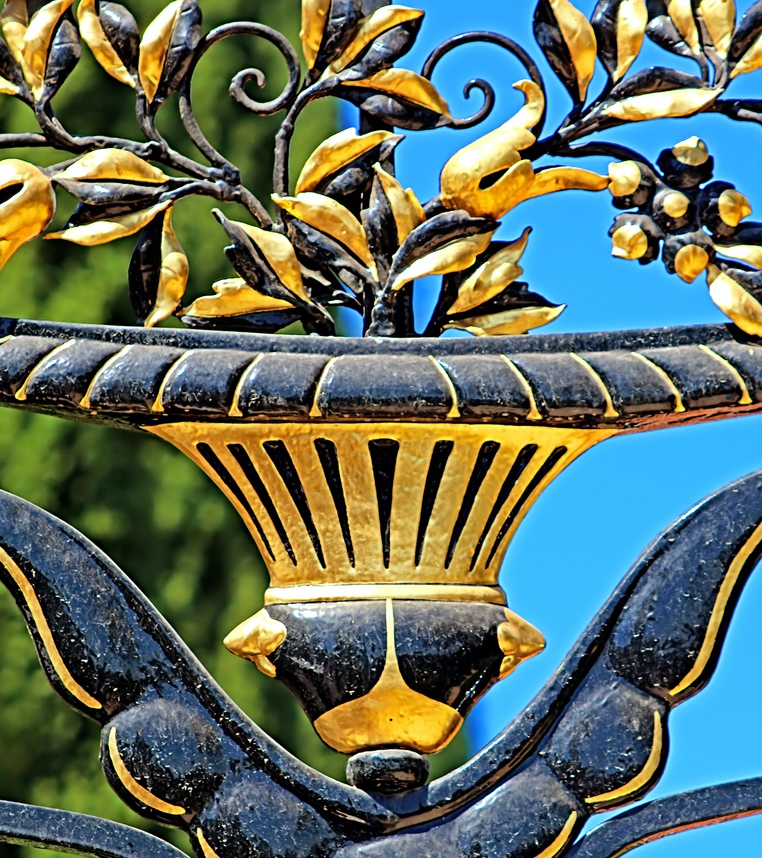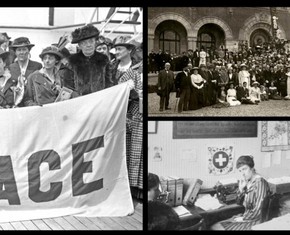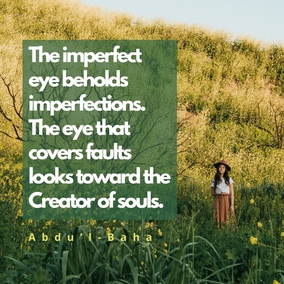The views expressed in our content reflect individual perspectives and do not represent the authoritative views of the Baha'i Faith.
In a troubled time and place — Shiraz, Persia in 1844 — a young merchant and mystic made a startling announcement: that he brought the world a new message from God.
Called The Bab (pronounced bob), which means “The Gate,” this new prophet created a furor in Persian society with his revolutionary teachings — spiritual and moral transformation, women’s emancipation, and the raising up of the poor. The Bab also proclaimed that he had come to herald the birth of a new, universal revelation, one greater than his own, and to prepare the way for the Promised One of all ages. The Babi movement known as the Babi Faith spread quickly, electrifying the masses and provoking severe reactions from the government and the clergy.
At a time when clerics played an oppressive role in Persian society, the Bab encouraged people to think for themselves and let go of superstition and dogma. He also proclaimed that he had come to prepare the way for a new, universal revelation and that the promised one spoken of in all previous religions and holy texts would soon make himself known. He asked his followers to spread this message, but advised, “The path of guidance is one of love and compassion, not of force and coercion.” Tens of thousands of Babis, including the Bab himself, were tortured, massacred and publicly executed for their beliefs.
After the Bab’s execution in 1850, Baha’u’llah gradually assumed the leadership of the Babis. In prison in 1852, Baha’u’llah received the revelation that inspired the Baha’i Faith and fulfilled the prophecies and promises of the Bab.
The Baha’i Faith now counts millions of followers across every region, nation, and continent of the world. Baha’u’llah’s teachings emphasize justice, equality, and religious unity, so even today many Baha’is in Iran and other Middle Eastern countries still face persecution for their beliefs.















